
A New Perspective on Body Image Concerns
As I write this blog, I am 37 weeks (9 months) pregnant. I have felt lucky in the sense that pregnancy and motherhood have, for the most part, been incredibly healing for my relationship with my body. I’ve learned to respect and appreciate my body in ways I never did before, and I’ve had some beautiful moments of true body love as my body, and I have worked together to bring my children into the world.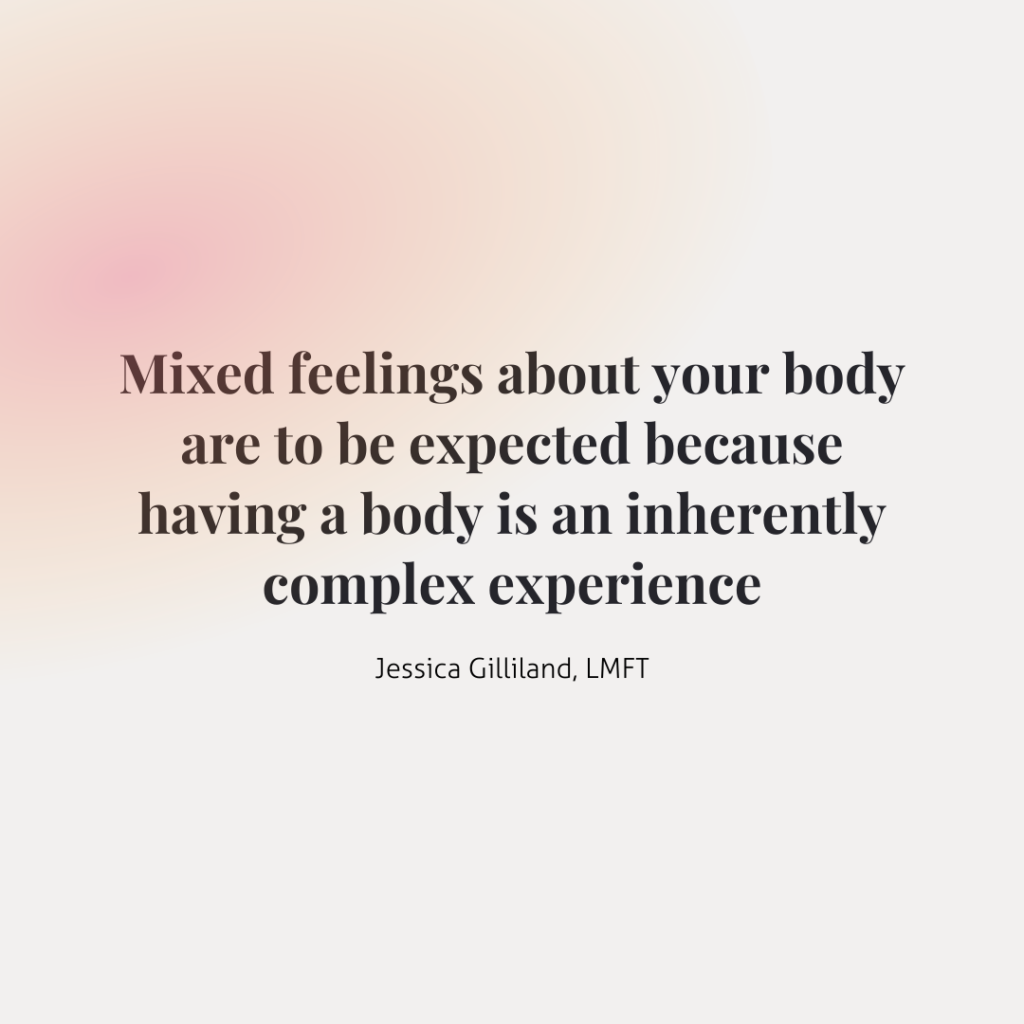
This pregnancy, however, has thrown me more body image curveballs than I’ve had to deal with in years. My capacity to respect and honor my body as it has changed and expanded (and expanded, and expanded!) has been challenged. For the past nine months, I’ve felt pretty grumpy in my body. I’ve felt frustrated with the physical discomfort, exhaustion, and limitations brought on by this pregnancy. I’ve officially outgrown some of my maternity clothes, and choosing outfits has sometimes felt stressful. At times, I’ve felt very uncomfortable with my body’s appearance, and haven’t loved seeing photos of myself or catching my reflection in the mirror.
Even though the physical and emotional discomfort with my body has felt challenging at times, I’ve also felt increased commitment to being kind to my body during this time. For me, kindness has meant getting as much rest as I can, continuing to feed my body the foods and portions that taste and feel good, and slowing down significantly on physical activity. I’ve also chosen to step on the scale backwards at all of my doctor’s appointments, because I know that being aware of my weight has the potential to make it harder for me to fulfill my intentions to care for my body’s needs. My body is softer, rounder, fleshier, and probably heavier than it has ever been. Even though these changes have made body image more of a challenge, being patient with and kind to my body is more of a priority now than it ever has been.
I share all of this for a couple of reasons. First, I want to normalize body image struggles. I am a licensed therapist who specializes in supporting clients with eating disorders and body image concerns. Generally, my body image is pretty good! And, I am not immune to occasional body image woes of my own. I have enjoyed full recovery from my own eating disorder for years, and I still have some ups and downs with body image. If you have body image struggles, know you’re not alone. (An important note: I do live with body privilege because of my body type. My privilege doesn’t exempt me from body image struggles but is a factor in how I and the world around me experience my body.)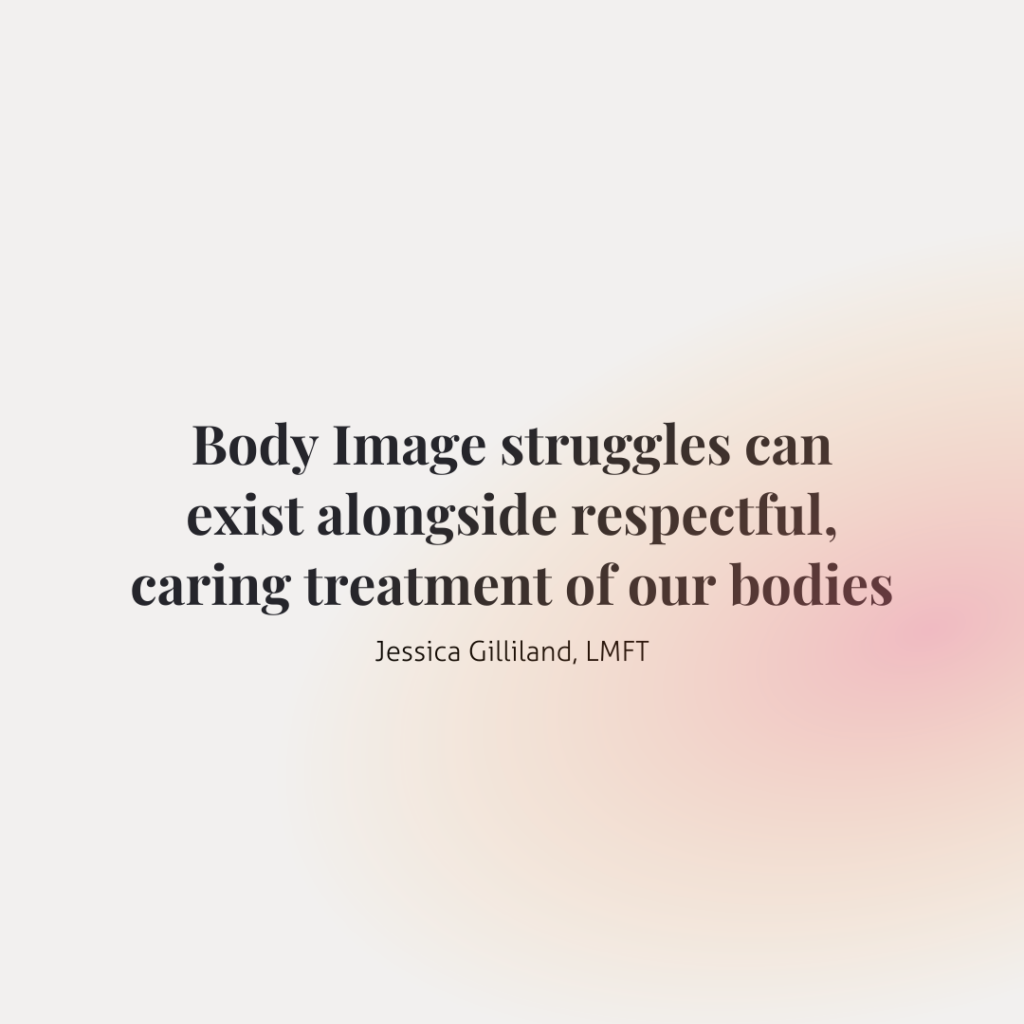
Second, it’s important to acknowledge that body image struggles can exist alongside respectful, caring treatment of our bodies. Yes, you can feel uncomfortable with your body’s appearance, AND you can choose to continue to take care of your body. You can feel upset by how your body looks, and not try to force it to change. It’s possible to feel multiple ways about your body at the same time. Mixed feelings about your body are to be expected because having a body is an inherently complex experience. Here are a few of the mixed feelings I’ve had about my body during this pregnancy:
I don’t really like how my pregnant body looks sometimes. I’m also awestruck by the amazing feats my body is capable of.
I feel frustrated that my body is uncomfortable, in pain, and exhausted. I also know my body is doing her best for me and for my baby.
Part of me wishes to be in a smaller body. I am also committed to nourishing and respecting my pregnant (and postpartum body), even if I don’t love how it looks.
Sometimes the harder parts of “mixed feelings,” the ones that lead you to criticize yourself and feel like you need to change your body, are easier to notice than the kind, accepting parts. If you are struggling with your body image, and feeling the pull of dieting or disordered eating, please remember that you don’t have to go there. You can remind yourself that your body is doing amazing things for you, constantly, and deserves your respect and care. You don’t have to love how your body looks in order to be kind to it. You can be struggling with your body image, and still remain committed to recovery and body respect. Body image can be full of challenges, but it doesn’t have to pull you off track in your recovery.

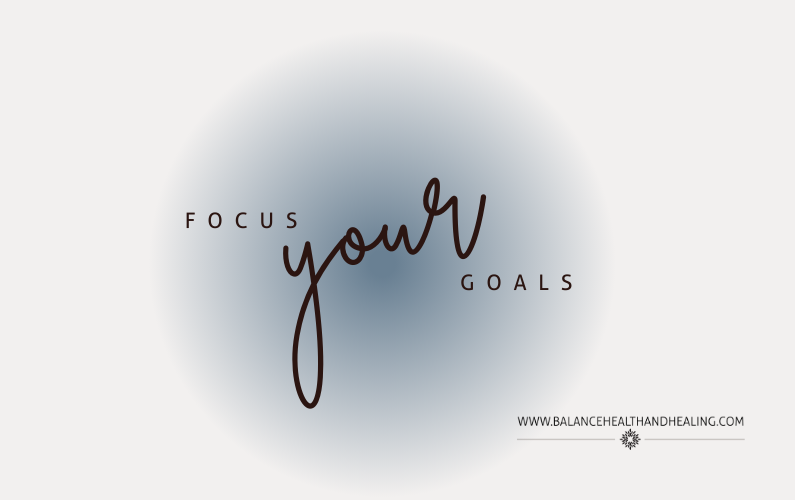

 at a time, instead of overburdening yourself with a long list of goals.
at a time, instead of overburdening yourself with a long list of goals.
 this felt like a revelation, as I was accustomed to trying to do most things in my life independently. I tried as hard as I could to get through the hard parts of my life without asking anything of anyone for fear of being a burden. It had never occurred to me that it might be healthy to ask for what I needed.
this felt like a revelation, as I was accustomed to trying to do most things in my life independently. I tried as hard as I could to get through the hard parts of my life without asking anything of anyone for fear of being a burden. It had never occurred to me that it might be healthy to ask for what I needed.
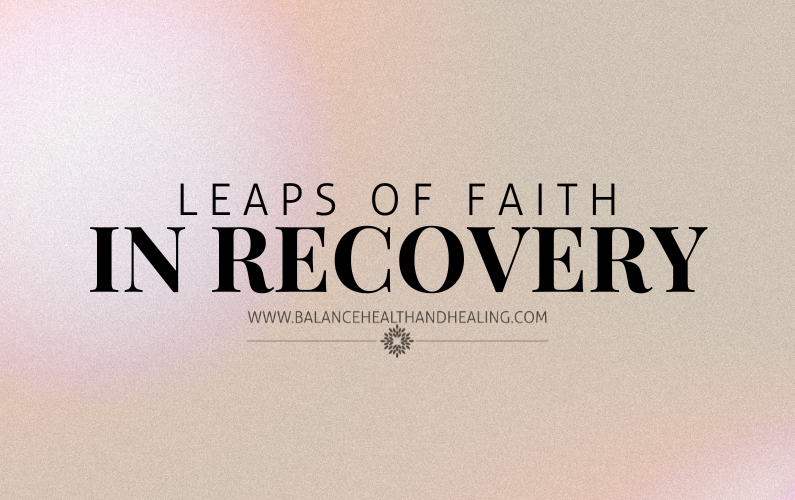
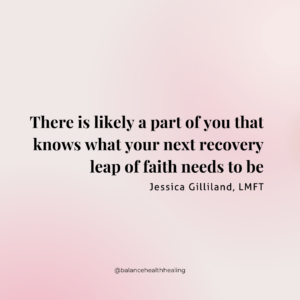
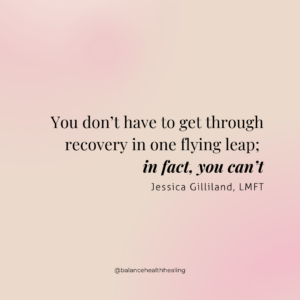 what will happen next. It is only then that he discovers that there was a bridge over the chasm after all, a bridge invisible to him until he took a step forward and found his footing. Without that step of action, the way forward would have remained unseen. In order for you to find your footing in recovery, you have to take action.
what will happen next. It is only then that he discovers that there was a bridge over the chasm after all, a bridge invisible to him until he took a step forward and found his footing. Without that step of action, the way forward would have remained unseen. In order for you to find your footing in recovery, you have to take action. 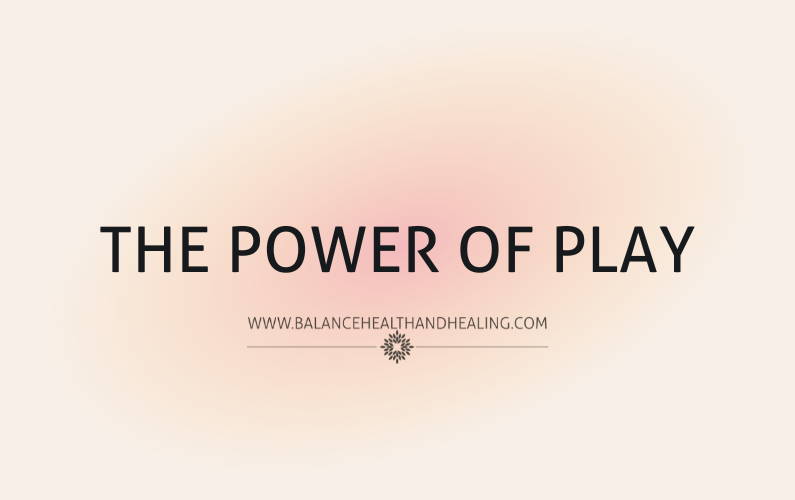
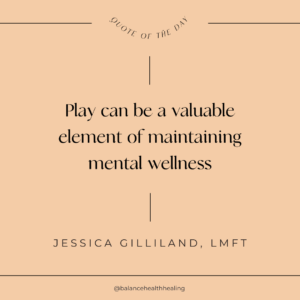
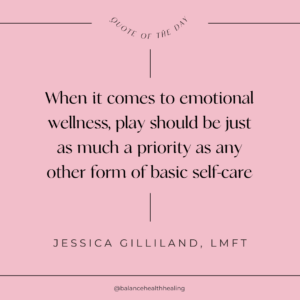 of social-emotional and problem-solving skills, more mental flexibility, and increased resilience against the effects of stress. Play has also been shown to help kids manage anxiety and worry, reduce the likelihood of experiencing depression, and foster creativity.
of social-emotional and problem-solving skills, more mental flexibility, and increased resilience against the effects of stress. Play has also been shown to help kids manage anxiety and worry, reduce the likelihood of experiencing depression, and foster creativity.